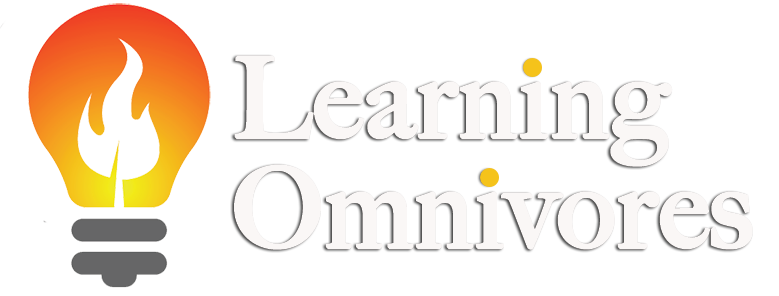
What’s the Matter? is a feature exploring quotes and ideas that help us focus on what truly matters – each one of us and our collective learning and growth. Each week, we’ll examine perspectives that challenge conventional thinking and invite deeper engagement with the transformative power of education and the mattering movement.
The Power of Mattering: Building a Culture Where Everyone Feels Valued and Essential
I’m Essential Project
The project helped both managers and others see and recognize each other’s essentialness in daily interactions. [Tom] Frank’s vision was that everyone should feel essential in every occupation. He believed it was crucial for organizational success and people’s mental health.
Sadly, he unexpectedly passed away shortly after we started working together. In one of our last conversations, he said his one message for organizations wanting to improve their culture was this: “There are no nonessential workers in your company.”
Leaders who create mattering see and treat everyone as essential.
― Excerpt from Zach Mercurio’s conversation with Tom Frank, “culture guru” of the hospitality industry
In education, we often focus on achievement gaps, test scores, and academic standards. But what if the most critical gap in our schools isn’t academic—it’s the significance gap? The gap between those who feel they matter and those who feel invisible, unheard, and undervalued.
Drawing from Zach Mercurio’s groundbreaking work “The Power of Mattering,” it’s time to recognize that your survival—and your school community’s thriving—depends on people feeling they matter to someone. As Mercurio emphasizes, “to someone who doesn’t believe that they matter, it’s hard for anything to matter.”
We can’t have healthy organizations with unhealthy people. But when we create cultures where everyone matters, we create the foundation for both individual thriving and collective excellence.
Scaffolding Ideas for Matter-Focused Learning
● The Significance Spotlight Practice Each day, intentionally choose one person to “spotlight”—not for recognition or praise, but to truly see and connect with them as an individual.
Daily Implementation:
○ Morning Selection: Identify one person you’ll focus on seeing deeply today
○ Three-Touch Rule: Create three meaningful moments of connection with this person throughout the day
○ Evening Reflection: Write one sentence about what you discovered about this person that you didn’t know before
● The Significance Story Collection Help your leadership team understand the power of mattering by collecting and sharing significance stories
Process:
- Individual Reflection (10 minutes): Each team member writes about a time they felt they truly mattered to someone
- Story Sharing (30 minutes): Share stories in pairs, then with the full group
- Pattern Analysis (15 minutes): What made these moments powerful? What were the common elements?
- Application Planning (15 minutes): How can we create these experiences for others?
- The Dignity Demand Response Recognizing that recent workforce changes represent “a demand for dignity” rather than just better compensation, audit your school culture for dignity gaps.
Implementation Steps:
- Anonymous Survey: Ask all stakeholders (staff, students, families) about feeling respected, included, and valued
- Listening Sessions: Create safe spaces for sharing experiences of feeling unseen or unheard
- Dignity Champions: Train individuals across all roles to recognize and respond to dignity deficits
- Policy Review: Examine procedures and policies for dignity impact
- The Relationship Economy Initiative As Columbia’s former president noted, future success will be about “the heart” rather than just brains or muscles. Transform your school into what Mercurio calls a “relationship economy.”
Core Components:
- Connection Before Content: Start meetings, classes, and interactions with genuine human connection
- Interdependence Mapping: Help everyone see how their role connects to and supports others
- Appreciation Systems: Create multiple ways for recognition to flow in all directions
- Vulnerability Modeling: Leaders share their own needs for significance and support
Source:
- Mercurio, Zach. (2025). The Power of Mattering. Boston, MA: Harvard Business Review
